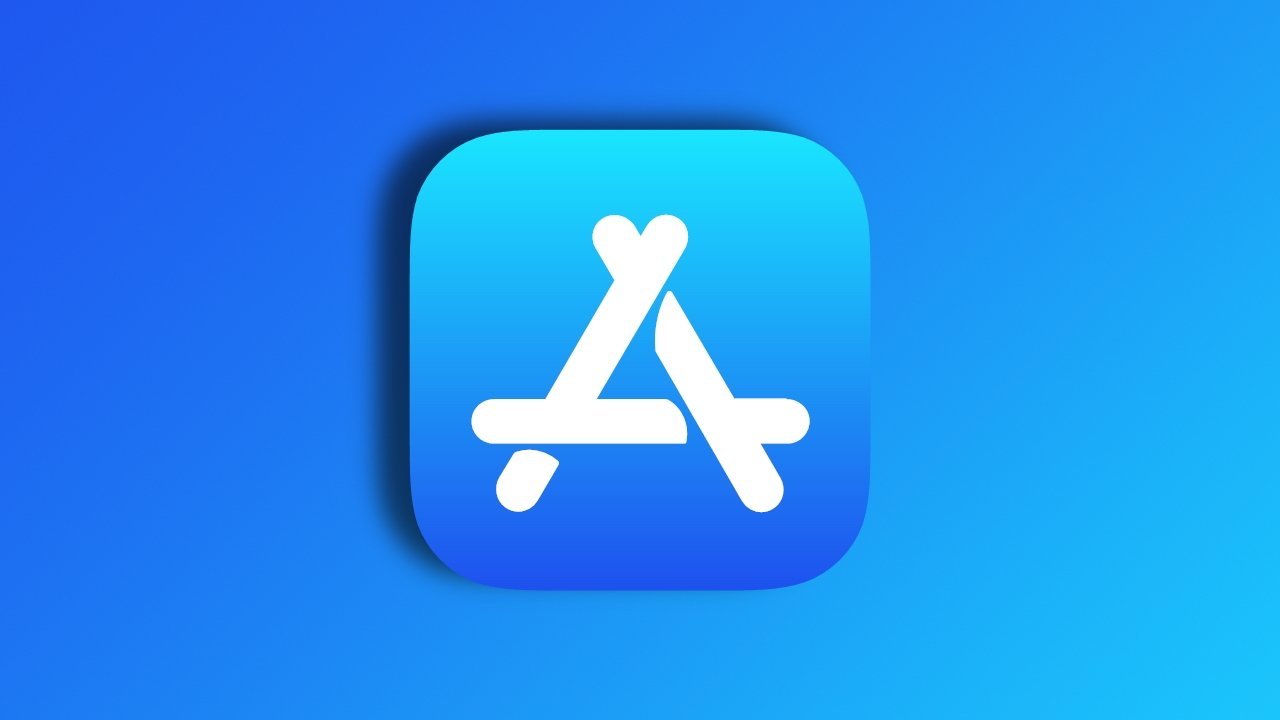Responding to accusations that it has made minimal effort to allow third-party App Stores in EU, Apple says it focused expressly on complying with the region's new laws while protecting users security.
In January 2024, in response to the European Union's Digital Markets Act requiring firms such as Apple to allow third-party alternative app stores, Apple announced a wide-ranging plan for developers in the region. It has been widely criticized by rival firms, with Spotify calling the new terms "extortion," and Epic Games saying it was "malicious compliance."
Following news that Meta and Microsoft are lobbying the EU with the accusation that Apple is failing to comply with the new laws, an Apple spokesperson told AppleInsider that it had spent a year working with the European Commission, and in complying with every requirement, also worked to add security safeguards for users.
The statement does not specifically address accusations of its proposals being "very prohibitive," as Microsoft called them. However, in stressing that it worked with the European Commission, Apple is making a case that accusations of it failing to comply with the new law cannot be correct.
Apple's statement to us in full:
Apple's approach to the Digital Markets Act was guided by two simple goals: complying with the law and reducing the inevitable, increased risks the DMA creates for our EU users.First, that meant studying the Digital Markets Act to figure out how iOS, Safari, and the App Store could best meet its requirements. Teams at Apple spent months in conversation with the European Commission — and in little more than a year, created more than 600 new APIs and a wide range of developer tools. Those changes reflect the work of hundreds of Apple team members who spent tens of thousands of hours creating the new capabilities necessary to comply with the DMA.
For every change, teams at Apple continued to put our users at the center of everything we do. That meant creating safeguards to protect EU users to the greatest extent possible and to respond to new threats, including new vectors for malware and viruses, opportunities for scams and fraud, and challenges to ensuring apps are functional on Apple's platforms. Still, these protections don't eliminate new threats the DMA creates.
Apple's focus remains on creating the most secure system possible within the DMA's requirements. But even with these safeguards in place, many risks remain — and in the EU, the DMA's changes will result in a less secure system.
We're limiting these changes to the European Union because we're concerned about their impacts on the privacy and security of our users' experience — which remains our North Star. These changes comply with the DMA, and in the weeks and months ahead, we'll continue to engage with the European Commission, the developer community, and our EU users about their impacts.
Apple's changes to the EU App Store are due to go live on March 7, 2024. After that date, the company can be investigated by the EU for non-compliance and, potentially, fined 10% of total worldwide turnover.
 William Gallagher
William Gallagher







-m.jpg)






 Mike Wuerthele
Mike Wuerthele
 Marko Zivkovic
Marko Zivkovic
 Malcolm Owen
Malcolm Owen



 Amber Neely
Amber Neely
 Sponsored Content
Sponsored Content


-m.jpg)






26 Comments
Now, the waiting game to see if the EU thinks it really complies.
Personally, I don't think it does. We'll see.
I think more countries need to act, probably Japan and maybe even US is next ...
They basically don't want to contribute to Apple R&D and profits. After profit, Apple essentially uses the device revenue to fund hardware R&D and the App Store revenue to fund R&D for the operating system and built-in apps. I doubt Apple will return to paying for operating systems, so the cost needs to be factored in somewhere.
I can see where makers of free apps, freemium apps, and one-time-purchase apps might think the alternative stores are not fair for them. The marketplace rules certainly seem more geared to apps with subscription revenue. However, they are not complaining about that, they just don't want to pay Apple anything and that will never happen.
Apple has made recent changes removing some App Store rules that went too far to protect the platform. I really hope they give developers the ability to opt out of DRM next. That is the major (maybe only) barrier to using the GPL on iOS/visionOS. Remember that Steve Jobs led the way to removing DRM on music you own during the iPod era. Let’s allow that for apps too. It is the right choice for some business models.